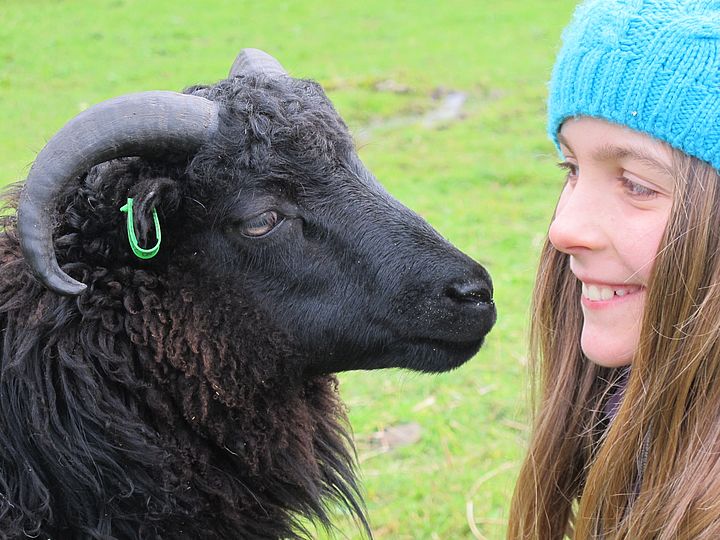Partnerships for Ecotourism

The aim and scope of the SHAPE
The aim of SHAPE is to enable authorities, businesses and communities to develop innovative approaches for ecotourism initiatives which preserve, manage and create economic value from local assets in the ‘Cool North’. SHAPE will work on practical solutions applicable to the stakeholders involved, but the scope of the project is to gather these experiences and make them available to communities struggling with similar challenges across the NPA region.
The concept of ecotourism – visitor experiences building on natural and cultural assets, conserving the environment and sustaining the well-being of the local people – has been around for more than 20 years. For rural and often sparsely populated areas it is seen as a key factor in sustainable development by providing employment and income while conserving the fundamental qualities of traditional life.
Transnational development
All of the countries involved in the SHAPE project, have their own strategies for sustainable tourism activities. But we need tools transforming these strategies into concrete, practical knowledge answering questions about how to develop, how to organize, how to support, how to market – and how to integrate these activities into the community in a sustainable manner.
The strength of ecotourism, the strong, local involvement, is also its weakness. The players and their organizations are small and often lack both resources and knowledge. Tourism is an international industry, and the framework in which these players have to operate, are established on an international level.
The SHAPE project is based on input from local providers of visitor experiences, from their organizations and from those who try to support them and incorporate their activities into the greater framework of sustainable development of a region.
Project activities
The work will start in each of the partner regions, mapping assets, solving local challenges, building on existing activities and helping those who are in the process of developing new visitor experiences. The stakeholders, associated partners and representatives from end-users, will share the result of those efforts with each other through learning journeys, through conferences and meetings and by establishing thematic networks. This will all then be incorporated into a dynamic database of knowledge, structured as an e-service, set up in such a way that it will continue to develop even after the project period.
